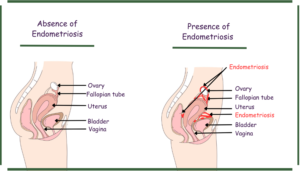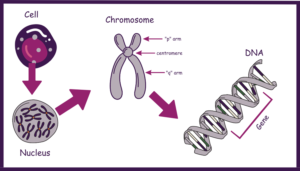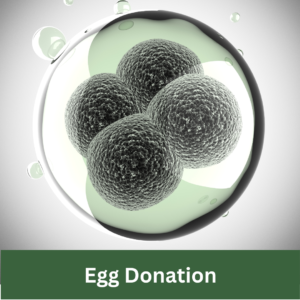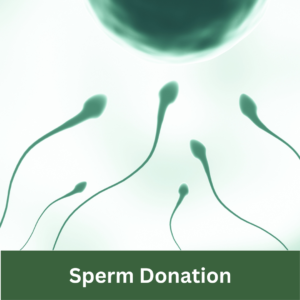Our medical articles on surrogacy and egg donation explore a wide range of topics at the intersection of medicine and fertility. From complex conditions like ectopic pregnancies and endometriosis to advanced reproductive technologies like Preimplantation Genetic Testing (PGT), we aim for a thorough understanding without overwhelming jargon. We also explore if PGT is necessary with donor eggs. Shedding light on genetic anomalies and common reproductive health concerns, we simplify complex terms, making IVF procedures, hormone functions, and blood types easier to grasp. Explore the medical aspects of surrogacy and other topics below for more insights.
The umbilical cord is the lifeline between the baby and mother during pregnancy. After a baby is born, a healthcare provider will clamp and cut the umbilical cord. This will leave behind a small...
Endometriosis is derived from the word “endometrium,” the tissue that lines the uterus. Endometriosis is a medical condition characterized by the growth of endometrial tissue outside the uterus...
The egg donor process takes far more time from initiation to completion than sperm donation. Although both sperm and egg donation include medical and psychological screening and legal contracts, that...
The first pregnancy achieved through in vitro fertilization (IVF) from a human egg and sperm was reportedly from Monash University in Australia in 1973 under Drs. Carl Wood, John Leeton, and Alan...
Now that you have decided to have a baby, what can you do to improve your chances of carrying a healthy pregnancy? Here are a few things that can contribute towards a healthier result. Get a...
by Michael Feinman, MD, FACOG The overall aim of PGT (Pre-implantation genetic diagnosis) is to identify abnormalities in embryos, increase the chances of successful implantation, and reduce the risk...
Genes are inherited from our parents. We receive one gene copy from each parent (one from the egg and one from the sperm). When the sperm fertilizes an egg, the two strands combine. This set of...
What is a Miscarriage? A miscarriage is a spontaneous pregnancy loss before the 20th week of gestation. A miscarriage can happen for many reasons, including: Problems with the baby’s chromosomes...
What is an Ectopic Pregnancy? Fertilization normally occurs in the fallopian tube, and then the smooth muscle contractions and the ciliary beat within the fallopian tubes assist the fertilized egg...
- 1
- 2




















